Completed events
8th International Workshop on Proficiency Testing (2014)
The 8th International Workshop - Proficiency Testing in Analytical Chemistry, Microbiology and Laboratory Medicine was held in Berlin, Germany during October 2014, organized by the Eurachem Proficiency Testing Working Group in association with EQALM and CITAC. This international PT workshop, building on the success of previous workshops, enabled 245 delegates from sixty-four countries to come together to discuss a wide range of key issues across the three disciplines of analytical chemistry, microbiology and laboratory medicine. The diversity of delegate backgrounds, which included PT/EQA providers, participants in PT/EQA schemes, end users of PT/EQA results such as accreditation bodies and regulatory authorities, national measurement institutes, laboratory associations, universities and independent consultants, coupled with their international spread, ensured a truly global perspective.
Available presentations and posters are listed below.
Additional details are currently available on the workshop website, www.eurachempt2014.de.
Quick links:
- Preliminary information
- Book of Abstracts
- Keynote lectures
- Oral presentations
- Posters
- Workshop session summaries
- Supporting organisations
Preliminary information
- First Circular: The first circular is available for download here [pdf, 840kb] .
- Second Circular: The Second circular, including the main programme, is available for download here [pdf, 940kb].
Book of Abstracts
Keynote lectures
- K01 - Review of ISO/IEC 17043 - an Accreditation Perspective
Delia Geary; UKAS, UK (talk given by Ian Mann, SAS, Switzerland) - K02 - Nestlé users' perspectives of proficiency testing
Laura Coisne; Nestec Ltd, Switzerland - K03 - Proficiency Testing of Wastewater Sampling: What can we learn?
Magda Cotman, Albin Pintar; National Institute of Chemistry, Slovenia - K04 - Revision of ISO 13528
Dan Tholen; Dan Tholen Statistical Consulting, USA - K05 - External Quality Assessment (EQA) / Proficiency Testing (PT) in Developing Countries - in the Medical Field
Sibongile Zimuto; ZINQAP Trust, Zimbabwe - K06 - Harmonisation of performance assessment in qualitative PT/EQA
Vivienne James; Public Health England, UK
Short Oral Presentations
- O01 - ISO/IEC17043:2010 Accreditation: An Accreditation Body’s Perspective
Robert Knake; American Association for Laboratory Accreditation (A2LA), Frederick, MD, U.S.A. - O02 - Mobile system for waste water sampling proficiency tests
Frank Baumeister, Michael Koch; AQS Baden-Württemberg, Univ. of Stuttgart, Germany - O03 - Proposed statistical analysis to evaluate the qualitative PT of Salmonella serotyping
Marzia Mancin, Lisa Barco, Cristina Saccardin, Antonia Ricci; Istituto Zooprofilattico Sperimentale delle Venezie, Padua, Italy - O04 - Qualitative PT data analysis with easy-to-interpret scores
Christian Bläul, Steffen Uhlig; Quodata, Dresden, Germany - O05 -Co-ordination of an organochlorine pesticides in water proficiency testing scheme in South(ern) Africa
Désirée Prevoo-Franzsen, Nontete Nhlapo, Laura Quinn, Maria Fernandes-Whaley; National Metrology Institute of South Africa, Pretoria, South Africa - O06 - The Question of Homogeneity inside a Chimney: Application of ISO 13528 to Stack Emission Proficiency Tests
Jens Cordes, Benno Stoffels, Dominik Wildanger; Hessian Agency for the Environment and Geology, Kassel, Germany - O07 - Round Frequency + Participation Longevity: An Assessment of the Critical Parameters for Determining Proficiency in the Analysis of Occupational Hygiene Samples
Mary Ann Latko, Angela Oler, Daniel Tholen; AIHA PAT Programs, Falls Church, USA and Dan Tholen Statistical Consulting, Traverse City, USA - O08 - Systematic errors of colony count methods revealed by microbiology PT
Katrin Luden, Ernst-August Heinemeyer; Governmental Institute of Public Health of Lower Saxony, Aurich, Germany - O09 - A comparison of statistical procedures using 8000 datasets from the Quasimeme proficiency testing scheme
Wim Cofino, Paul Torfs, Steven Crum, Joop Harmsen; Wageningen University and Research Centre, The Netherlands - O10 - Asymmetric proficiency test distributions – cause and analysis
Mark Sykes; FAPAS, York, UK
Working Group Feedback
- Feedback from Working Groups 1A
- Feedback from Working Groups 1B
- Feedback from Working Groups 2
- Feedback from Working Groups 3
- Feedback from Working Groups 4A
- Feedback from Working Groups 4B
- Feedback from Working Groups 5
- Feedback from Working Groups 6
Poster Presentations
- P01 - Inorganic gas pollutantsproficiency testing scheme within Air Quality Measurement program
Maurizio Barbiere, Annette Borowiak,Friedrich Lagler,
European Commission - Joint ResearchCentre, Ispra, Italy - P02 - IMEP at the service of the EURL-HM - The case of IMEP-117:Determination of total As, Cd, Pb and Hg in compound feed
Yiannis Fiamegos, Fernando Cordeiro, Beatriz de la Calle, Piotr Robouch
European Commission, Joint Research Centre, Institute for ReferenceMaterials and Measurements, Geel, Belgium
2nd place in the poster contest - P03 - Proficiency testing as a tool to point out criticalities inthe strategyfor control of antibioticresidues in milk: the Italian experience
Anna Maria Ferrini, UmbertoAgrimi, Brunella Appicciafuoco, Renata Borroni, Gianni Ciccaglioni, FabioGalati, Marina Patriarca
Istituto Superiore di Sanità, Roma, Italy - P04 - Performances of the Italian official control laboratories forthe content of cadmium in infant formula in view of new European Unionlegislation
Antonella Semeraro, Valeria Patriarca, Augusto Pastorelli, StefaniaMorelli, Elisabetta Sagratella, Maria Ciprotti, Laura Ciaralli, PaoloStacchini, Marina Patriarca
Istituto Superiore di Sanità, Roma, Italy - P05 - Preparation of an infant formula proficiency testing materialand assessment of its homogeneity and stability
Angela Sorbo, Maria Ciprotti, Andrea Colabucci, Marco Di Gregorio, AnnaChiara Turco, Laura Ciaralli
Istituto Superiore di Sanità, Rome, Italy - P06 - Ad-hoc material for proficiency testing: freeze-dried liver
Andrea Colabucci, Alessandra Sepe, Maria Ciprotti, Laura Ciaralli
Istituto Superiore di Sanità, Rome, Italy - P07 -Improvement in the detection of viral contamination inshellfish in Italy through interlaboratory exercises
Elisabetta Suffredini, Gianni Ciccaglioni, Loredana Cozzi, MarinaPatriarca
Istituto Superiore di Sanità, Rome, Italy - P08 - Nematode sample preparation for a reclaimed water proficiencytesting scheme
Raquel Múrtula, Adela Yañez, Melissa Fernández, Elena Soria, VicenteCatalán
ielab Calidad, Alicante, Spain - P09 - Proficiency testing carried out by the European ReferenceLaboratory for Parasites, EURLP
Patrizia Rossi, Gianluca Marucci, Marco Lalle, Adriano Casulli, AlessiaPossenti, Edoardo Pozio
Istituto Superiore di Sanità, Rome, Italy - P10 - Detection and typing of Verocytotoxin-producing Escherichia coli (VTEC): theproficiency test program of the European Union Reference Laboratory
Clarissa Ferreri, Stefano Morabito, Gaia Scavia, Rosangela Tozzoli,Antonella Maugliani, Fabio Minelli, Maria Luisa Marziano, Susan Babsa, FabioGalati, Marina Patriarca, Alfredo Caprioli
Istituto Superiore di Sanità, Rome, Italy - P11 - The effects of transport on microbiological proficiency testsamples
Tracey Noblett
LGC, Bury, UK
3rd place in the poster contest - P12 - Developing of test items using native microorganism cultures
Graciela O. Davel, Gladys M. Mastromonaco, Marta G. Mazza, FernandoKornblit, Mariana Mazza1, Nicolás Refojo
Administración Nacional de Laboratorios e Institutos de Salud, BuenosAires, and Instituto Nacional de Tecnología Industrial, Pdo. De San Martín,Argentina - P13 - Algae proficiency testing
Philip Briggs
Proficiency Testing Australia, Sydney, Australia - P14 - Proficiency testing schemes in biological area of Brazilianaccredited laboratories
Priscila Yuvamoto, Gilberto O. J. Jr., Lúcia Moreira, Mário Fernandes,Renata Borges
CGCRE, Rio de Janeiro, Brazil - P15 - Metrological comparability of analytical results in the areaof food safety
Marina Patriarca, Antonella Semeraro, Angela Sorbo, Ferdinando Chiodo,Valeria Patriarca, Augusto Pastorelli, Stefania Morelli, ElisabettaSagratella, Laura Ciaralli, Paolo Stacchini
Istituto Superiore di Sanità, Roma, Italy - P16 - Honey as a material for proficiency testing
Andrea Colabucci, AnnaChiaraTurco, Angela Sorbo, Maria Ciprotti, Marco Di Gregorio, Laura Ciaralli
Istituto Superiore di Sanità, Roma, Italy - P17 - European Union proficiency tests in fruits and vegetablesScreening Methods (EUPT-FV-SM)
Carmen Ferrer, Octavio Malato, Milagros Mezcua, Ana lozano, Amadeo R.Fernández-Alba
University of Almería, Almería, Spain - P18 - European Union proficiency tests in fruits and vegetables.Main results obtained during the last 10 years
Carmen Ferrer, Milagros Mezcua, Octavio Malato, Ana Lozano, Amadeo R.Fernández-Alba
University of Almería, Almería, Spain - P19 - Proficiency Tests on olive oil organized by the ItalianNational Reference Laboratory for pesticides residues: laboratories long-termperformance
Tiziana Generali, Patrizia Stefanelli, Silvana Girolimetti, Danilo AttardBarbini
Istituto Superiore di Sanità, Roma, Italy - P20 - Incurred and spiked pesticide residues in a feed for layinghens EU PT-CF7, 2013
Mette Erecius Poulsen, Gitte Andersen
National Food Institute, Technical University of Denmark, Soeborg,Denmark - P21 - Proficiency testing scheme in sensory – an innovative tool forquality assurance in sensory
Ute Braun, Anita Schott
muva, Kempten, Germany - P22 - Organization of proficiency testing schemes on physicochemicalproperties of pesticides formulations
Alain Dubois, Franck Defeijt, Geert De Poorter
Federal Agency for the Safety of the Food Chain, Gembloux, Belgium - P23 - Experience feedback from proficiency testing for pesticides infood
Eric Ziegler, Caroline Laurent
BIPEA, Paris, France - P24 - Difficulties to evaluate the participant’s proficiency: thecase of the PT for the confirmation of carbadox residues in pig muscle
Régine Fuselier, Michel Laurentie, Eric Verdon
Anses, Fougères, France - P25 - Evaluation of proficiency test for the determination of totalarsenic in fresh fish
Luciana V. de Santana, Jorge E.S. Sarkis
Institute of Energy and Nuclear Research-National (IPEN/CNEN-SP), SãoPaulo, Brazil - P26 - Proficiency testing on natural vs artificial milk samples
Marleen Abdel Massih, Fabiola Monterrosso, Marie-Julie Goffaux, FlorenceFerber, Jacques Mahillon
Université catholique de Louvain, Louvain-La-Neuve, and REQUASUD ASBL,Gembloux, Belgium - P27 - Proficiency testing in hygiene of raw milk: enumeration oftotal bacteria count and somatic cells count
Jolanta G. Rola, Maciej Sosnowski, Piotr Kostrzewa, Jacek Osek
National Veterinary Research Institute, Pulawy, Poland - P28 - Proficiency testing program in milk and milk productsmicrobiology: enumeration of Staphylococcus aureus and detection of staphylococcal enterotoxins
Jolanta G. Rola, Weronika Korpysa–Dzirba, Anna Czubkowska, MonikaOstrowska, Jacek Osek
National Veterinary Research Institute, Pulawy, Poland - P29 - Experience of the first Italian public veterinary instituteaccredited as provider of food microbiological proficiency testing inconformity to ISO/IEC 17043
Paola Carnieletto, Maria Grimaldi, Marzia Mancin, Romina Trevisan, FabioLoriggiola, Marica Toson, Stefano Marangon
Istituto Zooprofilattico Sperimentale delle Venezie, Padua, Italy - P30 - Estimation of ammonium nitrogen concentration uncertainty inwastewater effluent arising from sampling by means of proficiency testing
Magda Cotman, Andreja Drolc, Albin Pintar
National Institute of Chemistry, Ljubljana, Slovenia - P31 - Proficiency test on field measurements of oxygen, temperature,pH and electrical conductivity in waters
Mirja Leivuori, Katarina Björklöf, Ritva Väisänen, Teemu Näykki
Finnish Environment Institute, Helsinki, Finland - P32 - Design and assessment of a water-analysis proficiency testingscheme
Asmaïl Asgadaouan, Piet Speksnijder
KWR Watercycle Research Institute, Nieuwegein, The Netherlands - P33 - PT program for Argentine soil analysis
Mirta Garcia, Daniela Rodriguez Ierace, Fernando Kornblit, GladysMastromonaco
Universidad Nacional de La Plata, La Plata, and Instituto Nacional deTecnología Industrial, Pdo. de San Martín, Argentina - P34 - PAH analysis in the CONTEST proficiency testing scheme
Matthew Whetton, Helen Finch
LGC, Bury, United Kingdom - P35 - The viability of drugs in oral fluid as a proficiency testingscheme
Christina Nugent, Karen Morgan
LGC, Bury, United Kingdom - P37 - Development of the AIR Materials Emissions proficiency testingscheme for the analysis of volatile organic compounds
Owen Butler, Helen Finch, Ian Pengelly, Matthew Whetton
Health and Safety Laboratory,Buxton, and LGC, Bury, United Kingdom - P38 - A new proficiency testing scheme for asbestos analysis by scanning electron microscopy
Laurie Davies, Emma Tan
Health and Safety Laboratory, Buxton, United Kingdom - P39 - Proficiency testing to protect worker health
Mary Ann Latko, Angela Oler, Daniel Tholen
AIHA PAT Programs, Falls Church,and Dan Tholen Statistical Consulting, Traverse City, USA - P40 - Delivering external quality assessment for the World HealthOrganisation
Barbara De la Salle, VatsalaSoni, Paul McTaggart, Mary West, Laura Ahmed, Keith Hyde
UK NEQAS (H), Watford, and Manchester Metropolitan University,Manchester, United Kingdom - P41 - Review of a PT program for clinical markers
Hugo Gasca
CENAM, Querétaro, México - P42 - Six years of proficiency testsfor the identification of Prion protein genotype in sheep
Barbara Chiappini, Gaia Scavia, Luisella Morelli, Michela Conte, PaolaFazzi, Umberto Agrimi, Marina Patriarca, Gabriele Vaccari
Istituto Superiore di Sanità, Roma, Italy - P43 - Performance assessment of blood parasite detection inhaematology
Barbara De la Salle, Dan Pelling, Keith Hyde
UK NEQAS (H), Watford, UK - P44 - An interlaboratory trial to determine the titre of the newbatch of the OIE antirabies positive reference serum from dog origin
Marine Wasniewski, AnouckLabadie, Jonathan Rieder, Jean-Luc Schereffer, Laetitia Tribout, FlorenceCliquet
French Agency for Food, Environmental and Occupational Health &Safety, Malzéville, France - P46 - Organization and evaluation of PTs for the determination ofVOC-emissions from materials in emission test chambers
Olaf Wilke, Wolfgang Horn
BAM Federal Institute for Materials Research and Testing, Belin, Germany - P47 - State of field measurement of facade sound insulation inbuildings: Evaluation of Proficiency Testing data according to ISO 140-5:1998
José Luis Martínez, José Alberto Trujillo, Pedro Rosario, Juan Sancho
RPS-Qualitas and Acustilab, Madrid, Spain - P48 - PT Schemes from Colombia
Camilo DAleman C., Eliana Chavarro M., Immer Caicedo G.
Mol Labs, Bogotá, Colombia - P49 - Quality control of chemical measurements
Camilo DAleman C., Eliana P. Chavarro M., Immer M. Caicedo G.
Mol Labs, Bogotá, Colombia - P50 - The painstaking road to accreditation as a proficiency testingprovider
Simone Fajardo, Ramiro Pérez-Zambra, Ana Silva, Elizabeth Ferreira
Laboratorio Tecnológico del Uruguay, Montevideo, Uruguay - P51 - First Indonesian experience of proficiency testing for pHmeasurements
Sujarwo, Nuryatini, Oman Zuas
Indonesian Institute ofSciences, Banten, Indonesia - P52 - First Indonesian proficiency testing scheme using referencevaluesfor Cd, Cu and Fe in drinking water
Eka M. Handayani, Isna Komalasari, Christine Elishian, Rosi Ketrin
Indonesian Institute ofSciences, Banten, Indonesia - P53 - The impact of test item matrix on performance evaluation ofPT-INR in a proficiency testing program
Joy J Mammen, Sukesh C Nair, Surendar Singh,Soumya S, Alok Srivastava
ISHBT- CMCEQAS, Department of Transfusion Medicine, and Department ofHaematology, Christian Medical College, Vellore, India - P54 - Development cooperation: Quality control in environmentalanalysis – Case study from Kyrgyz Republic
Riitta Koivikko, Mirja Leivuori
Finnish Environment Institute SYKE, Helsinki, Finland - P55 - Survey of interpretation of external quality assessment (EQA)results in developing countries
Azarm Nami, Farideh Razi, Marjan Rahnamaye Farzami, Alireza Mehrabi,Mehdi Hajikhani, Mohammad Abassi
Pishgam e Iranian Co. and University of Medical Sciences and Ministry ofHealth, Tehran, Iran - P56 - Overcoming the challenges – potable water in an Africanmicrobiology PT scheme
Pinkie Malebe
Botswana Bureau of Standards, Gaborone, Botswana - P57 - Proficiency testing scheme for chemical analyses of water inAfrica
MerylindaConradie, Michael Koch, Donald Masuku
NamWater, Windhoek, Namibia, and University of Stuttgart, Germany, andNational Metrology Institute, Pretoria, South Africa - P58 - Making the case for continuous improvement:Sample generation processes and the impacton participant performance
MaryAnn Latko, Angela Oler, Daniel Tholen
AIHA PAT Programs, Falls Church,and Dan Tholen Statistical Consulting, Traverse City, USA
3rd place in the poster contest - P59 - Project management practices in proficiency testing schemes:the Brazilian accredited providers’ case
Filipe Albano, Carla Schwengber ten Caten
University UFRGS, Porto Alegre, Brazil - P60 - Comparison of different approaches in interpretation andpresentation of PT results
Aida Jotanovic, Šemsa Suljagic
Institute of Metrology, Sarajevo, Bosnia and Herzegovina - P61 - Bilateral PT Schemes - a flexible tool when PT results are neededquickly
Al Ramsay, Claudia Ketteler
Waters, Milford, MA, USA, andFrechen, Germany - P62 - The trueness criterion: an alternative concept for theevaluation of proficiency tests
Birgit Karin Schindler
PROOF-ACS GmbH, Hamburg, Germany - P63 - Use of the “reference change value” concept in comparison oftwo results from blind identical proficiency testing samples
Berna Aslan, Julia Stemp, Neela Khatri
Institute of Quality Management inHealthcare, Toronto, Ontario, Canada - P64 - Consensus means in drinking water PTs – reliable or biased?
Michael Koch, Frank Baumeister
AQS Baden-Württemberg, University of Stuttgart, Germany - P65 - The variation of test results due to analyst interpretation
Rachael Smith
LGC, Bury, United Kingdom - P66 - How the consensus program standard deviation affected thesuccess of fuel laboratory proficiency test participants
Caglar Sinayuc, Sevtac Bulbul, Hale Uckardes, Bercem Duzol, Didem N.Saglam, Gaye Yucayurt, Emrah Soysal, Hatice Adalan, Ender Okandan
Middle East Technical University,Ankara, Turkey - P67 - Could z-scores replace the target limits in the EQA schemes?
Ulla Tiikkainen, Päivi Rauvo, Jari Leinonen, Marko Laine
Labquality and HUSLAB and Finnish Meteorological Institute, Helsinki,Finland - P68 - Evaluation of proficiency tests – Use of combination scores
Manfred Stoyke, Wolfgang Radeck, Joachim Polzer
Federal Office of Consumer Protection and Food Safety, Berlin, Germany - P69 - Introduction of Z-Score Arrow Ranges (ZSAR) in proficiencytesting
Kees van Putten, Robert-Jan Lamers
DUCARES B.V., Utrecht, The Netherlands - P70 - Long-term study of the proficiency testing scheme in textiles(2001-2012)
Juana Isabel Ferreiro López-Riobóo
Laboratorio de Consumo de Galicia, Xunta de Galicia, A Coruña, Spain - P71 - Criteria of using results from proficiency testings formeasurement uncertainty calculation on the example of various feeds
Waldemar Korol, Jolanta Rubaj, Grazyna Bielecka, Slawomir Walczynski
National Research Institute of Animal Production, Lublin, Poland - P72 - The role of proficiency testing schemes in method development
Steven Crum, Steven Tito, Joop Harmsen
Wageningen University and Research Centre, Wageningen, The Netherlands - P73 - Use of Proficiency testing results in method validation
Jesús Laso Sánchez, Ana Peris García-Patrón
Gabinete de Servicios para la Calidad (GSC), Madrid, Spain - P74 - New approach working with outliers in Proficiency Testing
Jesús Laso Sánchez, Ana Peris García-Patrón
Gabinete de Servicios para la Calidad (GSC), Madrid, Spain - P75 - Bootstrap statistical approach using R software to evaluatemultimodal quantitative results in food microbiology PTs
Marzia Mancin, Marica Toson, Maria Grimaldi, Barco Lisa, Romina Trevisan,Paola Carnieletto, Antonia Ricci
Istituto Zooprofilattico Sperimentale delle Venezie, Padua, Italy
WINNER in the poster contest - P76 - Monte Carlo simulation as a possible approach to determine thestandard deviation for proficiency assessment for an external qualityassessment programme in clinical chemistry
Gina Chew, Pui Sze Cheow, Qinde Liu, Richard Shin, Tang Lin Teo, TongKooi Lee
Health Sciences Authority, Singapore - P77 - A model for the statistical assessment of proficiency testsusing the moments of the Bhattacharyya centroid of a set of probabilitydensity functions
Wim P Cofino, Paul Torfs, Steven Crum, Joop Harmsen
WageningenUniversity and Research Centre, Wageningen, The Netherlands
Supporting organisations

|

|

|

|

|
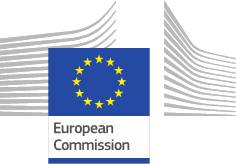
|
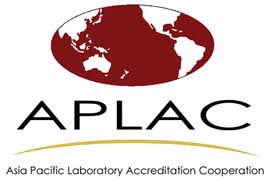
|
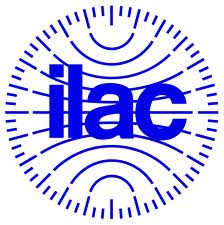
|
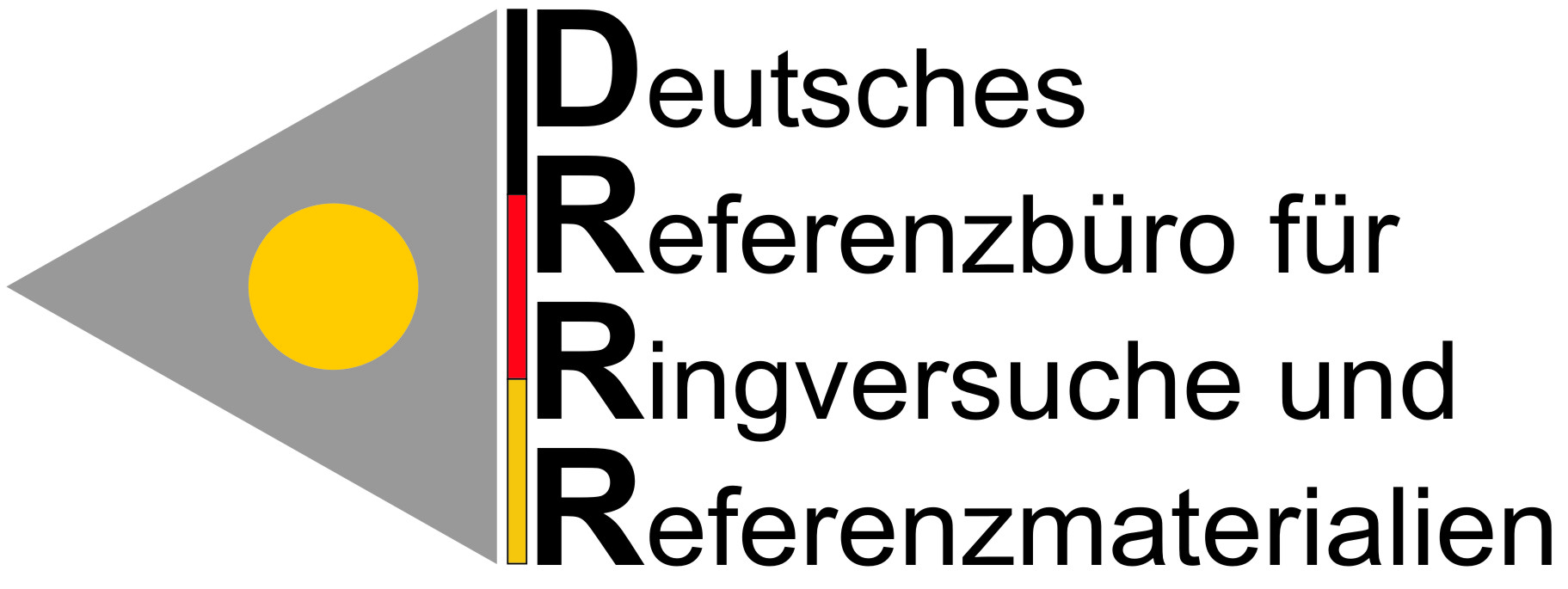
|
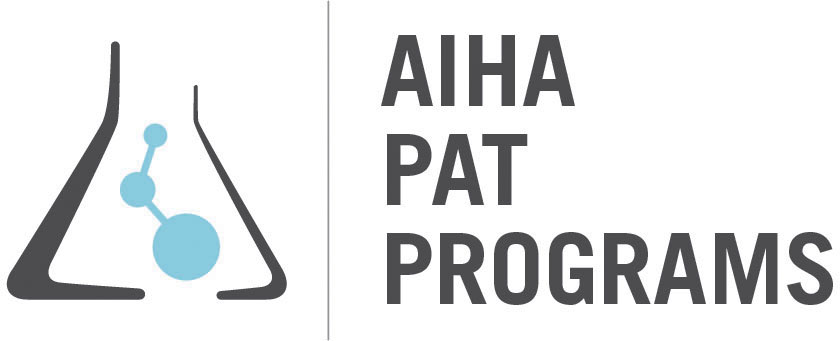
|
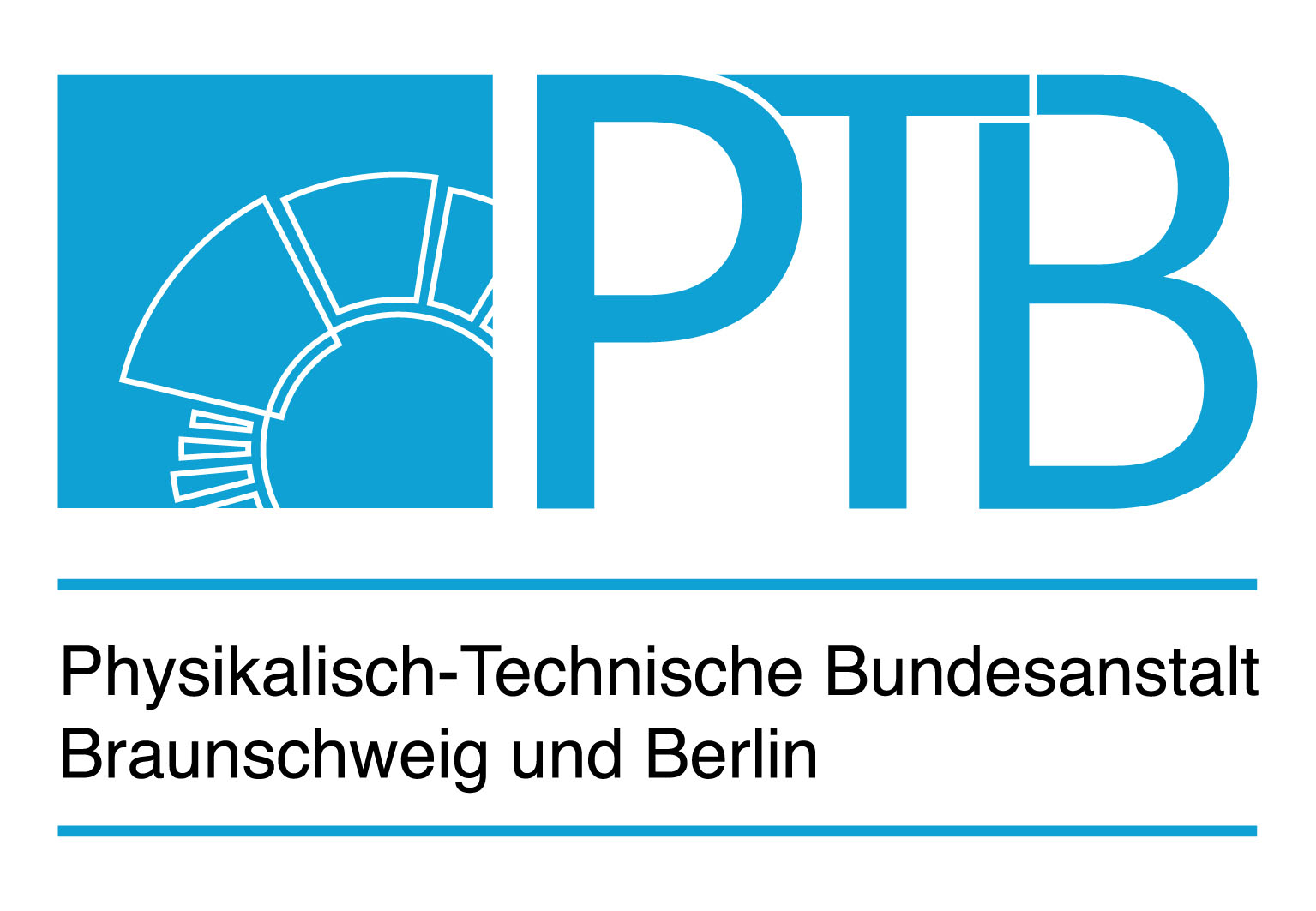
|

|
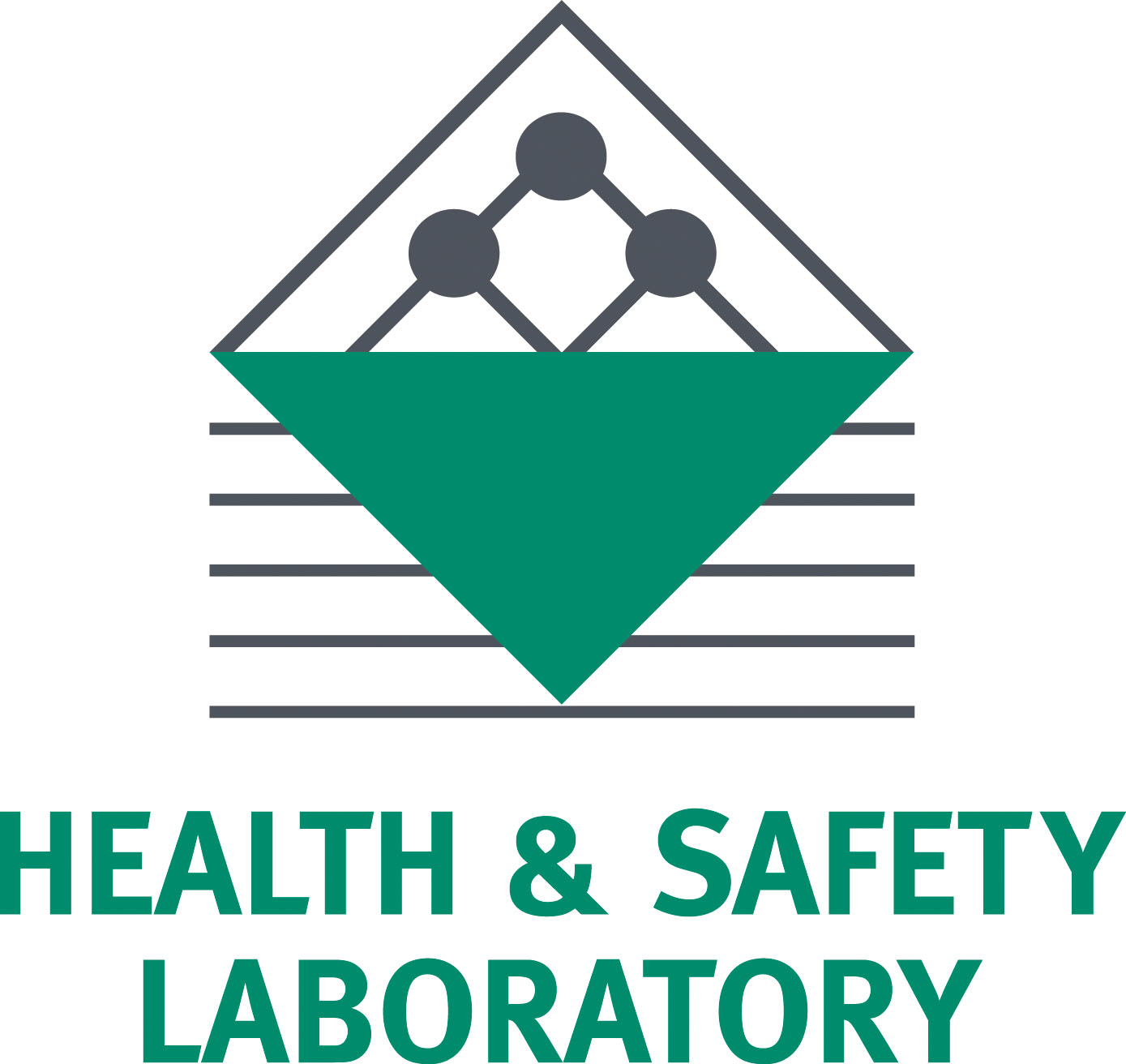
|

|
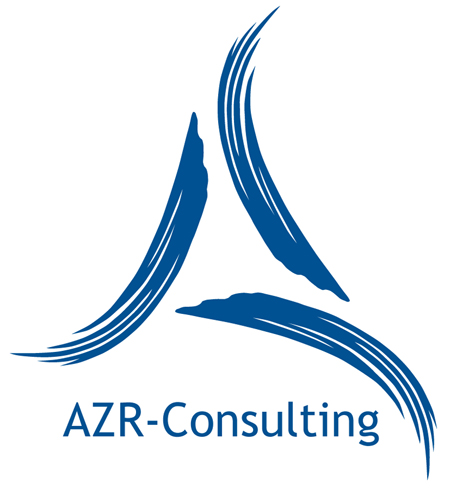
|
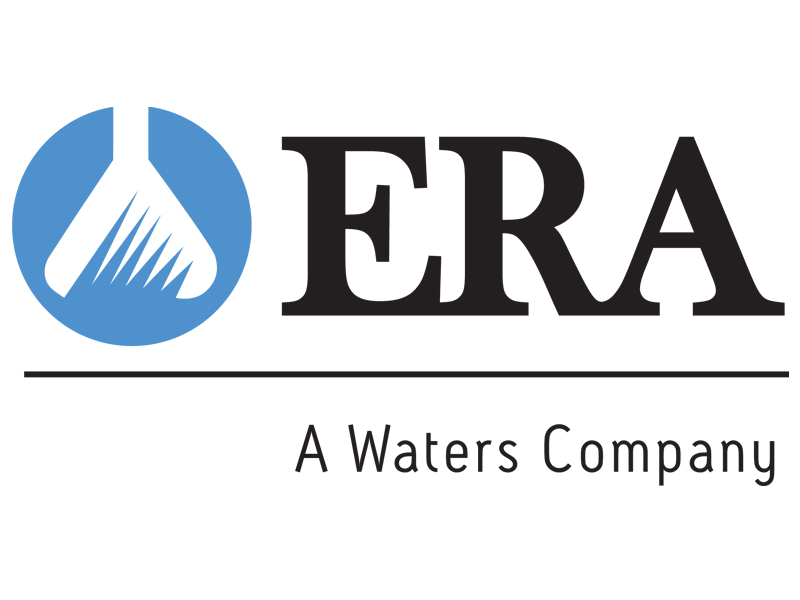
|

|
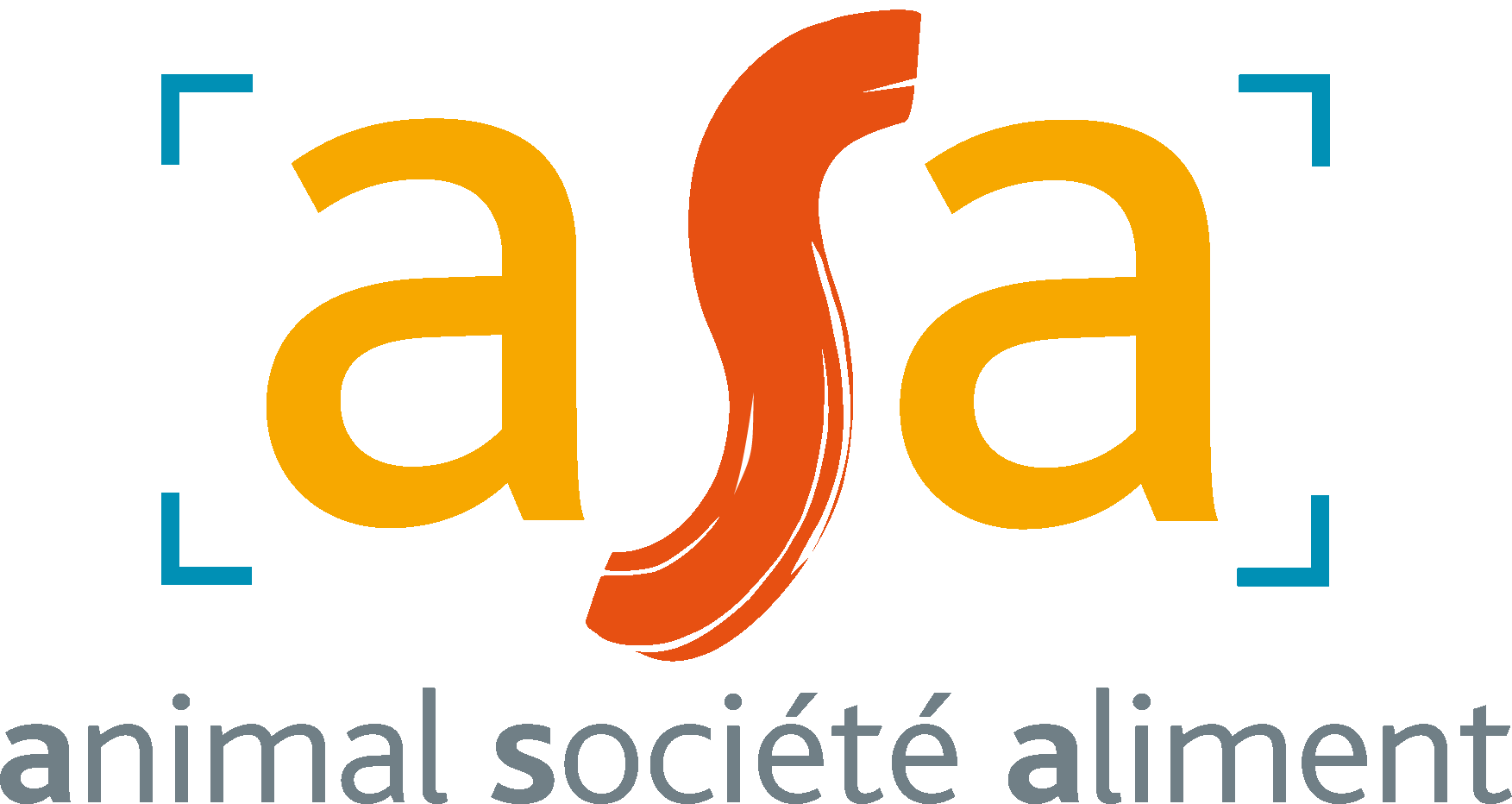
|
- Details
- Category: Completed events
- Last Updated: Thursday, 28 May 2015 12:11



